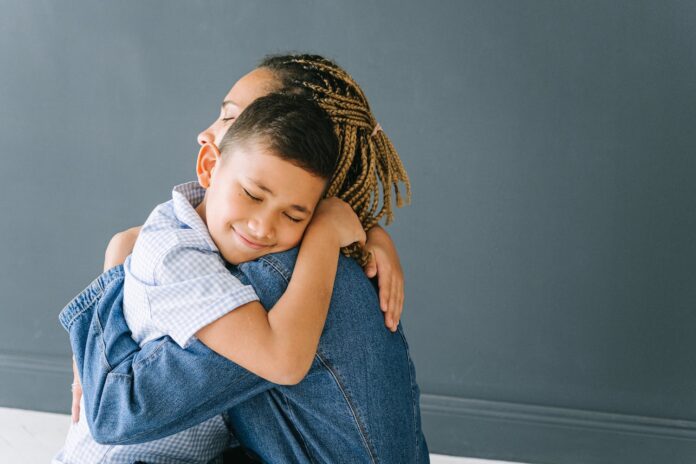
By and
There are too many Black children in foster care waiting to be adopted, and too few Black foster families in the child welfare system. Black children are overrepresented in the foster care system in America, making up 22% of the children in foster care, but only 14% of the nation’s child population.
There may be a solution to this glaring disparity. A new Kidsave Gallup study showed that families who participated in mentorship programs were seven times more likely to adopt children in foster care. And Black families are thinking about adoption. One in four Black adults has thought a lot about adopting from foster care (26%), compared to about one in six Americans overall (18%).
We know mentorship works. That’s why it’s crucial that our country put more funding, resources, training, and recruitment into relationship-based programs such as mentorship between families and Black foster youth. It’s also important that these relationships are responsive to children’s cultural needs.
We have both witnessed the need for these dedicated resources — through being in foster care in a predominantly white community and working as a foster care caseworker, respectively. We’ve seen the positive impact that culturally responsive adults can have on the lives of Black and Brown foster children.
Mentoring doesn’t have to be formal. In fact, it’s already happening in most communities. Through our interactions with the foster care system — even having experienced two different sides of the system — we’ve seen this firsthand. There are many Black families already informally mentoring foster youth and children — they just are doing it without the resources to do so to the very best of their abilities.
A child knows when they are being cared for properly from a very young age.
Many of these families can benefit from additional support. In fact, almost three-quarters of Americans (73%) say training and support would make them more likely to participate in mentoring programs (Kidsave-Gallup, 2023). Connecting foster youth, especially providing culturally affirming spaces and culturally competent training and opportunities for non-Black families, can increase the connection between families and children.
The research shows a clear link between volunteerism and fostering. According to the study, four in 10 Black adults say knowing they could volunteer with a child of the same racial or ethnic background would make them more likely to consider volunteering with a child in foster care. Mentorship programs that provide an opportunity for families and youth to build a relationship and choose one another can increase the likelihood of adoption for foster youth.
Equipping more willing families with the support and resources they need to mentor, foster, and adopt Black children can also improve the well-being of Black children in foster care. The more people know about mentoring opportunities and the realities of the foster care system and its dedication to providing safe, stable homes, and reunifying children with biological families when available, the better the outcomes for our most vulnerable children.
As two people close to the foster care system, we believe children do best when they stay as close to their home environment as possible, and are placed in safe, stable homes. In our experience, the most stable children had regular visits with their biological family, a compassionate but structured foster placement with a foster parent who understood emotionally and culturally what the child needed, a caring and present case worker willing to speak for the child’s needs, and a judge willing to listen to all parties as objectively as possible. This requires a very nuanced balance of needs and teamwork. A child knows when they are being cared for properly from a very young age. A part of caring that creates continuity is understanding the cultural needs of the child and providing that continuity.
Government funding, policy, and programs that support local mentorship programs can enable more families to engage positively with the foster care system and build connections between families and children. Children who grow up in communities surrounded by mentors and caring adults can thrive, but there is a need for investment in community development at the local level to create more stable communities.
Building and cultivating long-term, long-lasting relationships can shift the trajectory for foster youths who may experience racism, multiple placements (moving from home to home), a lack of stability, and moving schools, all without even one adult they can trust to have their back.
The crisis for Black youth in foster care is ongoing. It’s time to enact systemic change with data-driven research to ensure equitable outcomes for all children. It’s time to dismantle the barriers that have perpetuated the disproportionate representation of Black children in foster care for far too long. We can do that by supporting Black families and creating pathways — like mentorship and culturally competent care — for all families interested in fostering and adopting Black children.

